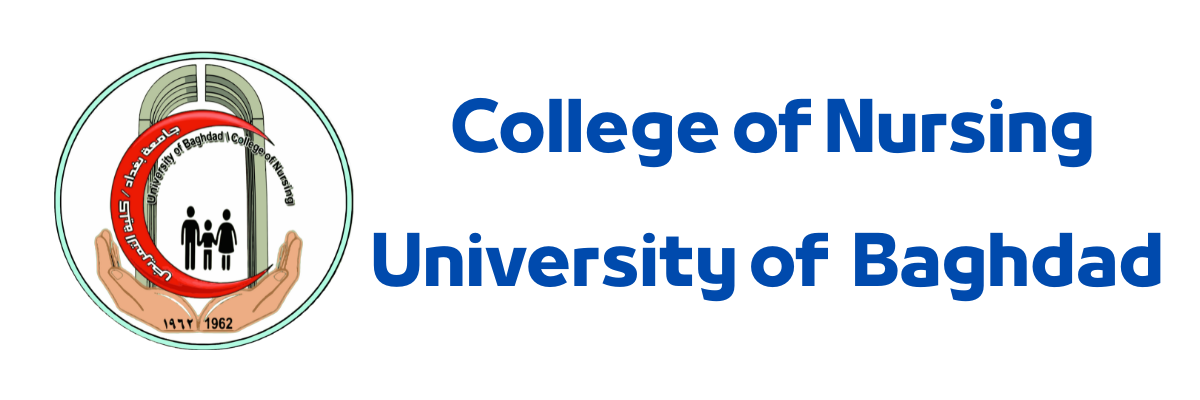The college of Nursing at the University of Baghdad discussed the master’s thesis entitled “The impact of the therapeutic relationship between the nurse and the patient on recovery outcomes for patients with substance use disorders” by student Akram Nasser Faisal, under the supervision of Prof. Dr. Qahtan Qasim Mohammed, in the skills hall of the college
The study mainly aimed to determine the extent to which the therapeutic bond that the nurse builds with the patient affects his chances of recovery and the success of his therapeutic journey from addiction
The results of the study showed no significant and direct statistical impact of the therapeutic relationship alone on recovery outcomes. The results indicated that there are other factors that may be more influential in the path of recovery, most notably the patient’s socio-economic status and the duration of substance abuse.
The study provided practical recommendations that call for going beyond the traditional view of recovery, and therapeutic interventions include, besides psychological support, directly addressing the social and economic factors that hinder the patient The study called on health authorities and nursing institutions to develop comprehensive plans focused on improving the recovery environment, by providing support to low-income areas. The recommendations emphasized the importance of training nurses on the latest therapeutic methods to deal with the complex challenges of this category of patients.
The findings of this study intersect closely with several Sustainable Development Goals (SDGs). Firstly, they relate to SDG 3 (Good Health and Wellbeing), specifically the target that calls for strengthening the prevention and treatment of substance misuse. More importantly, by highlighting socio-economic factors, the study emphasizes the close interconnection between health and other goals such as Goal 1 (eradicate poverty) and Goal 10 (reduce inequalities), proving that achieving sustainable recovery requires a holistic approach that addresses both health and social root causes.










